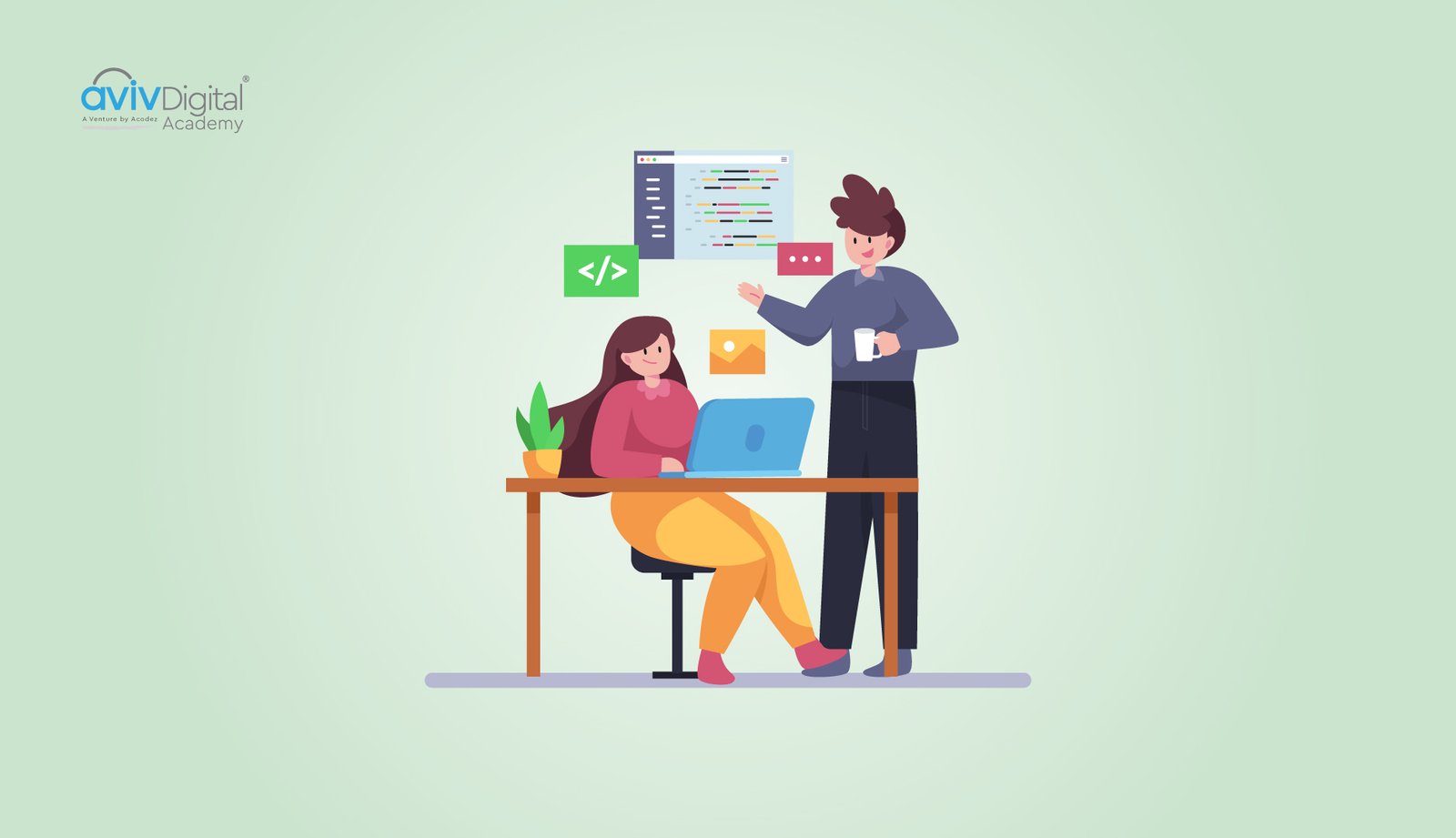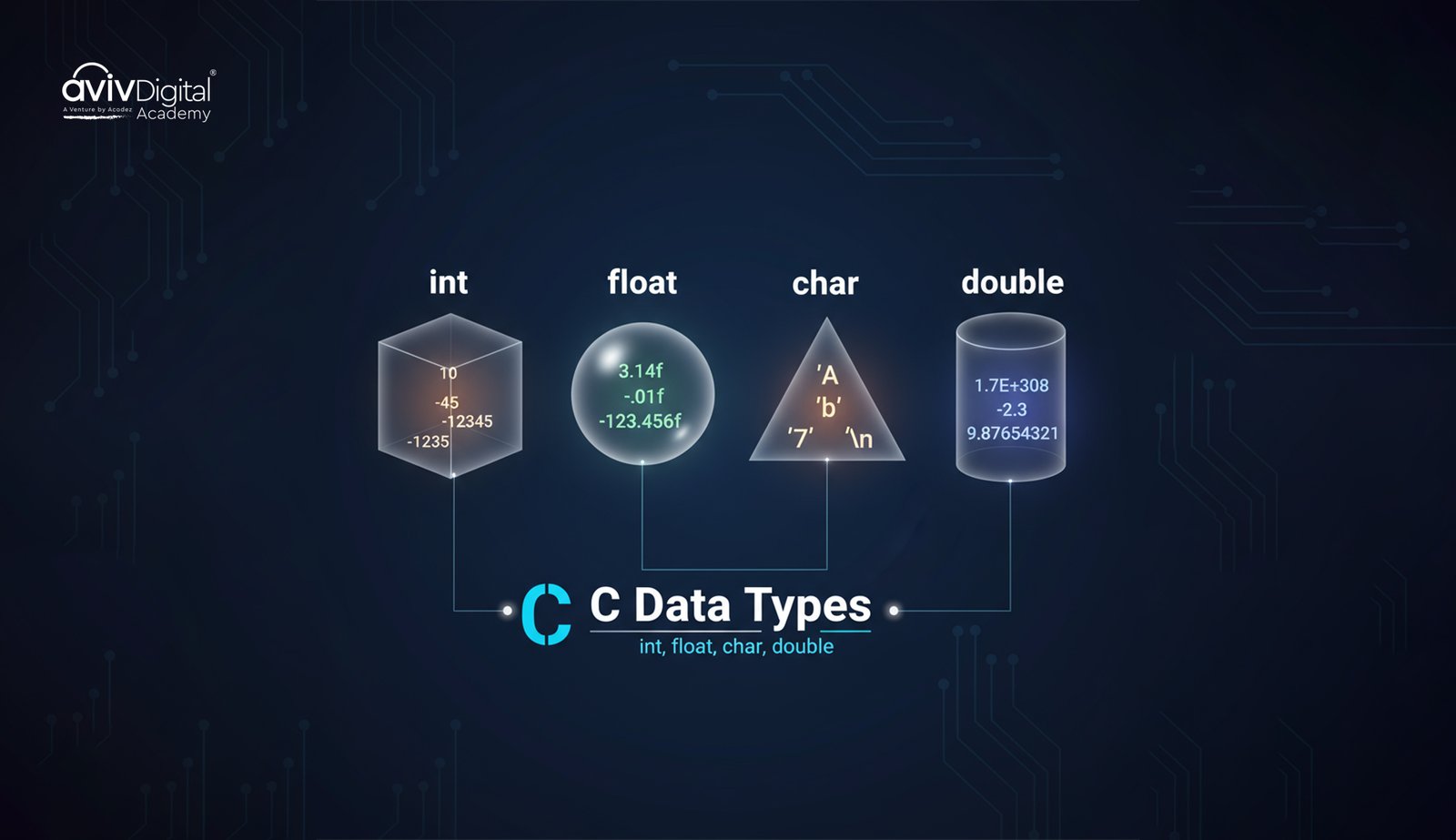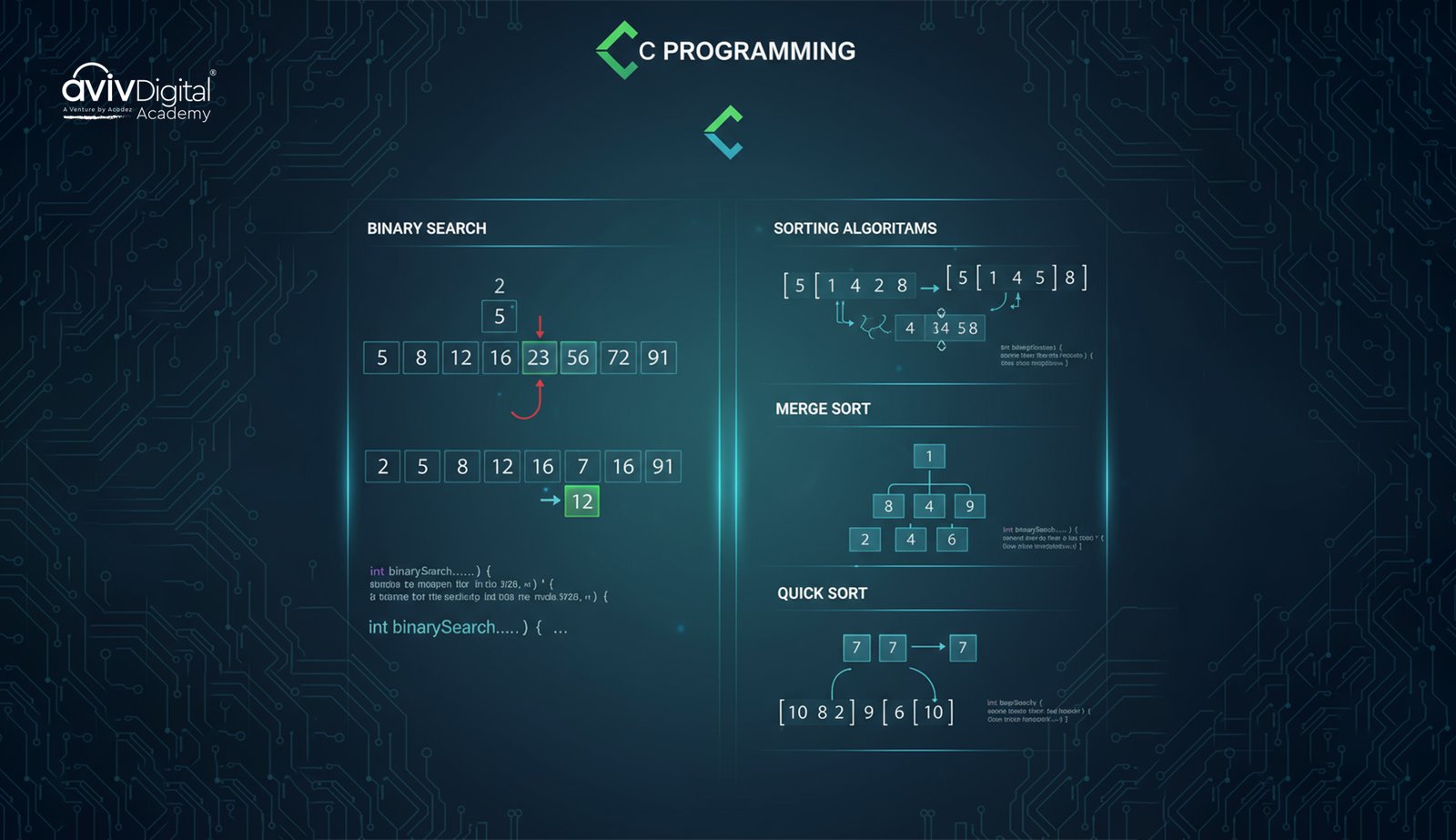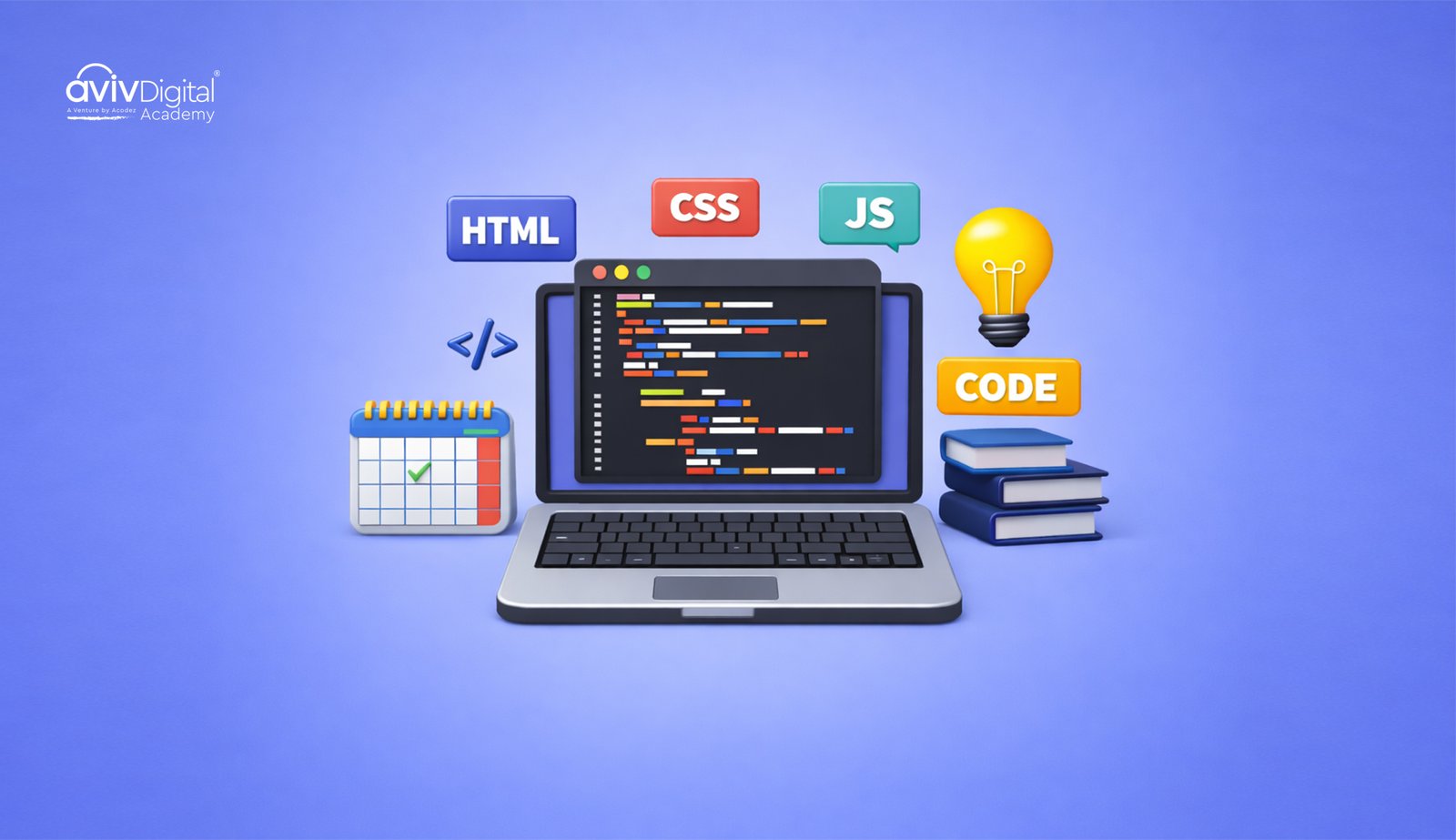
The ability to present yourself or brief you for a specific role is a skill. Even if you are average, a good interview could place you in better opportunities to grow, learn and expand your success. If you are about to attend a C programming interview and haven’t prepared or have no idea what to do, this guide is for you. You will know common or frequently asked questions and answers that are relevant. Tips and practices to prepare and more. Companies report that candidates with strong C programming fundamentals have 67% higher success rates in technical interviews. Make sure you take a note of each, do sufficient research and stay informed with experts or anyone who has been in the role. Remember to stay updated with trends and techniques for the best chance to crack a role as a C programming expert.
What is C?
Let’s start by knowing C, even if you know it is important to brief or explain effectively to showcase your expertise in a C programming interview. Moreover, it is the core concept and a typical question asked in a C programming interview. To define, C is a programming language for a procedural compiled system. It offers low-level memory control and high performance. C requires minimal runtime, making it efficient with predictable performance accompanied by wide platform support.
Why Use C Programming Language?

The C programming language can be used in OS kernels, embedded systems and high-performance libraries with system utilities. Its efficiency and utility for numerous purposes make C a great language to use.C programming ranks 3rd globally with 9.65% market share according to TIOBE Index 2025. 22% of developers worldwide use C programming according to Stack Overflow 2024 Developer Survey
Ensure you are well prepared for the C language interview questions by following tips from candidates like you who have cracked it before. You can also follow online resources and free materials and self learn. If you are not confident and want to be guided by experts, you can pick the top full-stack development course in kochi. C language interview questions can be hard at times, but with the right approach and learning curves, you can crack it effortlessly.
Common C Programming Interview Questions and Answers
1.State the Difference: malloc() vs calloc() vs realloc()
This is amongst the mist asked C language questions. As a short answer, you can define or brief each separately to the person who asked:
- malloc(n) allocates n bytes (contents indeterminate).
- calloc(count, size) allocates and zeroes count*size bytes.
- realloc(ptr, n) resizes the previously allocated block (may move memory).
2. Why use sizeof and common pitfalls?
You can answer these c language interview questions in short: sizeof(type) returns bytes of the type at the time of compile. When it is used on arrays, it yields total bytes; on pointers, it yields pointer size.
Pitfall: sizeof(arr) inside a function where arr decays to a pointer returns pointer size and not the array length. Utilise sizeof(arr)/sizeof(arr[0]) and only when arr is the true array within scope.
3. Can you explain pointers vs arrays?
This is a common C programming interview question, and therefore, ensure that you are prepared well to tackle it. In short, you can answer Arrays are continuous memory blocks: in most expressions, arrays tend to decay the pointers towards the first element. On the other hand, pointers are variables that hold memory addresses and can be reassigned.
An important note that sizeof(arr) vs sizeof(ptr) difference; &arr and &arr[0] consists of different types and it should be mentioned while answering c language questions
4. What are the causes behind segmentation faults?
In simple terms, accessing invalid memory: dereferencing NULL pointers that are uninitialized and out-of-bounds array access or returning pointers to the local stack memory.
A mistake, for example:
char *f() {
char buf[10];
return buf; // BAD: returns pointer to stack memory
}5. How can memory leaks be detected?
This is one of the simple C programming interview questions asked by a recruiter. The answer to this question is to use tools like Valgrind (Linux) or ASan (AddressSanitizer) for running and inspecting heap allocations and leaks. Manually we can ensure each malloc()/calloc() has matching free() and check error paths
In case you’re asked why it matters, you can answer, UB can lead to silent bugs or security holes.
6. Simply define struct vs union
Brief each of these c language questions separately for more clarity.
struct: each member has its own storage; total size is the sum (plus padding).
union: members share the same memory; size equals the largest member and can be utilised for memory-efficient polymorphism or bit-casting when appropriate.
7. Common interview code: Reverse a linked list (iterative)
Here’s a common interview code to ace your next interview
struct Node { int val; struct Node *next; };
struct Node* reverse(struct Node *head) {
struct Node *prev = NULL, *cur = head, *next;
while (cur) {
next = cur->next;
cur->next = prev;2
prev = cur;
cur = next;
}
return prev;
}Explain: update pointers carefully; handle empty list and single node.
8. How to detect a cycle in a linked list?
The answer to this question is simple: Floyd’s Tortoise and Hare (Fast and slow pointers). In case they meet, confirm that a cycle exists. For finding the starting node, reset one pointer to the head and move both one step at a time.
9. What do you know about volatile and multi-threading?
The answer to this question is short: volatile is not a guarantee of atomicity or memory ordering for threads; make use of atomic primitives or synchronisation (mutexes, atomics) for the safety of threads.
10. Bit manipulation example: check if a number is a power of two
Follow these steps to implement or do Bit manipulation for answering C interview questions.
int is_power_of_two(unsigned x) {
return x && !(x & (x - 1));
}Explain: For power of two, only a single bit set.
11. Preprocessor macros: pitfalls
- Use parentheses: #define SQR(x) (x)*(x) is wrong; prefer #define SQR(x) ((x)*(x)).
- Beware of side effects: SQR(i++) will increment twice.
- Prefer static inline functions when possible for type safety and debugging.
12. Explain sizeof(char) and character literals
sizeof(char) is always 1 by definition. Character literal ‘a’ has type int in C (not char) — historically true in C; be mindful when assigning to char.
13. Technical C interview questions :++i vs i++ in expressions and when they matter
Short answer: ++i increments then returns the value; i++ returns the old value then increments. In isolated statements, the effect is the same; in expressions, pick the one that matches the required semantics. Avoid relying on the order of evaluation across sequence points (pre-C11 had unspecified order in some expressions; be cautious.
14. Why prefer strncpy carefulness?
strncpy can leave the destination without a null terminator if the source length >= n. Prefer snprintf() or manual copy with explicit null termination.
15. Explain malloc(0) behavior
Implementation-defined: may return NULL or a unique pointer that must not be dereferenced but can be freed. Best practice: avoid malloc(0) by ensuring a nonzero size.
C Programming Interview Success Strategies

Preparing for C programming interviews requires a strategic approach that goes beyond memorizing syntax. Successful candidates demonstrate problem-solving methodology, code optimization skills, and clear communication during technical discussions. Focus on understanding memory management concepts, as 68% of C programming interview questions involve pointer manipulation and dynamic memory allocation. Practice explaining your thought process while coding, as interviewers value logical reasoning over perfect solutions. Additionally, prepare for system-level programming scenarios, including file handling, process management, and hardware interaction concepts that distinguish C programming roles from other development positions
Conclusion
In summary, there are many, but these are the most common C programming interview questions and answers. These might be rephrased, modified and asked in anyways and your comprehension and response is how you showcase your expertise. Most of the C interview questions are practical and might prompt you to take a test or run it. Remember to do sufficient research and follow preparation methods that work for you. Always be open to learning and change to enhance yourself as an expert. Following, working or collaborating with industry experts or someone with experience is a huge advantage before attending interviews. Use the power of LinkedIn and network online to get hired by recruiters who know and understand your potential.
Aviv Digital Academy is one of the leading institutes that provides a Full-Stack Development Course in Kochi. We offer a comprehensive curriculum designed to equip you with the skills and knowledge necessary to thrive in the industry. For more details, contact us at: +91 8156998844
1. What are the most common C programming concepts asked in interviews?
If you’re preparing for a C programming interview, focus on the fundamentals first. Most interviewers ask about pointers, memory management (like malloc and free), string manipulation, linked lists, and bit manipulation. I’d also suggest practicing pointer arithmetic and array-pointer relationships — they love testing those. And yes, watch out for buffer overflows; interviewers often check how careful you are with memory safety.
2. How should I handle technical questions I don’t know during a C programming interview?
It’s better to admit when you don’t know something rather than guessing. Ask clarifying questions, think through the problem out loud, and demonstrate your problem-solving approach. Interviewers often provide hints if you show logical thinking, and being honest about knowledge gaps is better than fabricating answers
3. What’s the difference between embedded C interviews and regular C programming interviews?
C interviews focus more on hardware interaction, memory-mapped devices, interrupt handling, and RTOS concepts rather than complex algorithms. You might be asked to read datasheets, understand register operations, and explain concepts like volatile variables and bit manipulation for hardware control.
4. Should I learn C++ alongside C programming for interviews?
While related, focus on C programming fundamentals first. Many embedded systems and system programming roles specifically require pure C knowledge. However, understanding the differences between C and C++ can be advantageous for broader opportunities.






